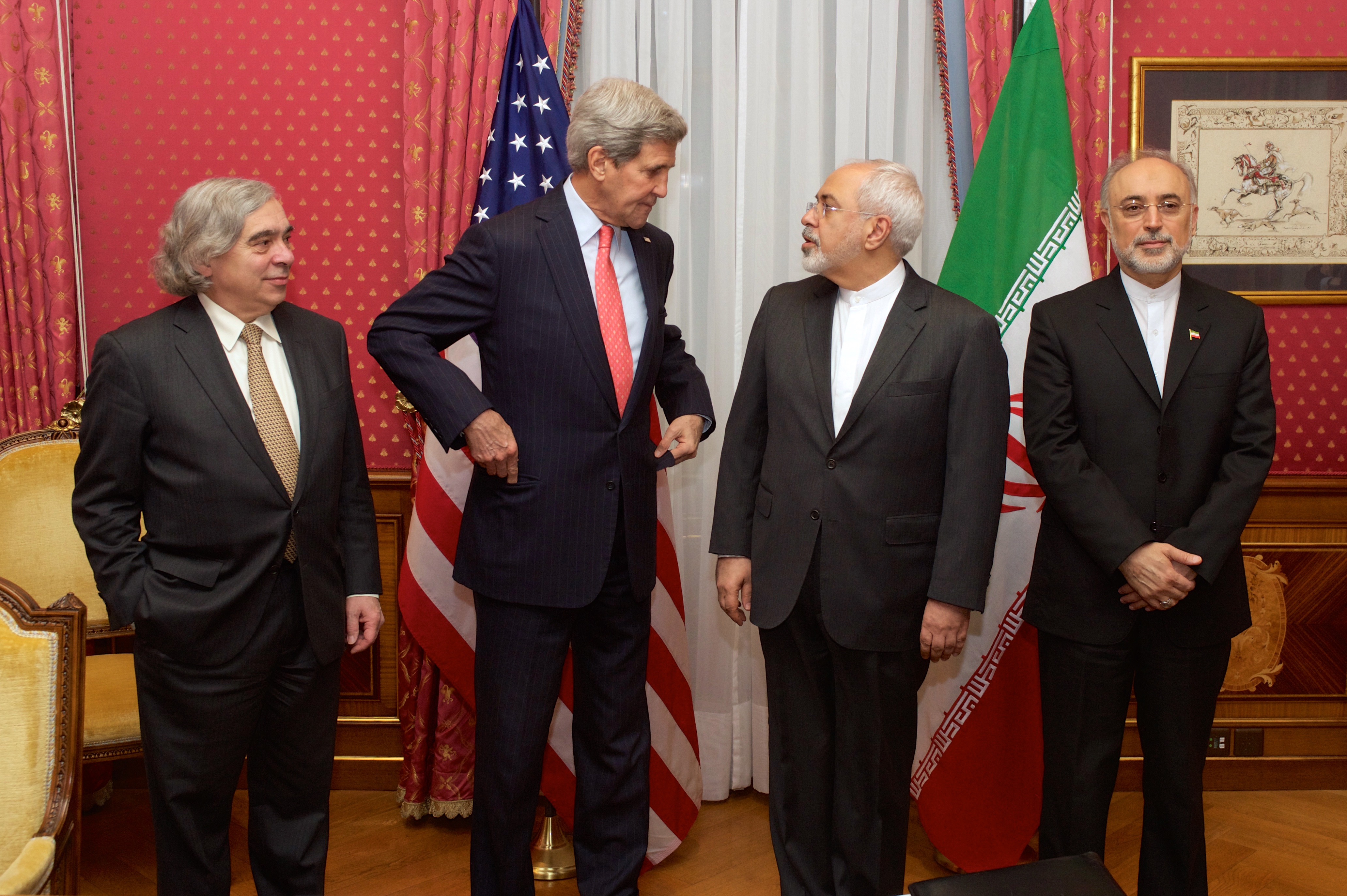By: Lauren Anderson
Like many Americans, the sights of a jubilant Tahrir Square amid last year’s Arab Spring movement spurred within me an undeniable sense of pride and hope for the Egyptian people. And as a student of international affairs, having studied the seemingly obscure odds of a comparable event ever occurring in North Africa, the scene was utterly remarkable. Nevertheless, similar to history’s most recent instances of democratization, from the junta governments of 1980’s Latin America to the former communist bloc states of Eastern Europe in the 1990’s, there remain significant growing pains ahead for Egypt.
Presently, the Supreme Council of the Armed Forces, the military wing of the previous Mubarak regime, continues to hold the preeminent source of legitimate power in the country, and despairingly enough, has sought to periodically exercise this power in suppressing further protests and free expression. Following an attack on a church this past October, minority Coptic Christian protestors and Egyptian armed forces clashed in a particularly brutal confrontation that left 25 civilians dead.[1] Most recently, the military has expressed considerable repression of international non-governmental organizations monitoring the latest stages of elections, including U.S. Congressionally funded groups such as the International Republican Institute and the National Democratic Institute.
The contemporary success of Islamist parties like the Muslim Brotherhood and the more conservative Nour Party in gaining a majority of votes in Egypt’s lower house of parliament has also alarmed some in the West as proof of a popular shift towards radicalism all too reminiscent of 1979 Iran. With the democratic consolidation process seemingly marginalizing a “moderate” voice in future politics, many observers are skeptical of how an institutionalization of Islamic Sharia law will impact the state’s human rights polices (particularly towards women) and acknowledgement of Western interests in the region. As Senator Chuck Schumer (D-NY) noted during the revolution, “The role of the U.S. is to promote a pro-democratic government. Pro-opportunity. Pro-American. And not fundamentalist.”[2]
But the circumstances in Egypt and Iran are, quite frankly, nothing alike, and Senator Schumer’s comments merely indicate a popular fear grounded upon misunderstandings of what the Arab Spring has really been about. Unlike Iran, the Egyptian revolution has constituted voices representing the struggle for economic as well as civil rights and has been a movement largely devoid of religious influence. Ultimately, though albeit idealistic for me to say, I believe that, not just a democracy, but a liberal democracy can one day flourish in Egypt. And by “liberal” I mean not only the existence of elections, but also a modern political culture characterized by peaceful party competition, basic civic freedoms, and responsive government. While liberalism will take time to entrench itself in Egyptian political life, one only needs to look back to the aforementioned examples of previously authoritarian states to see that such a feat is possible.
Once countries dominated by brutal, repressive regimes, Chile, Argentina, Poland, the Czech Republic, Hungary and Slovakia are all now solid global middle powers and regional leaders in respecting human rights and maintaining democratic ideals. These ideals have been epitomized in initial revolutionary associations like Argentina’s Nunca Mas (“Never Again”) and Poland’s Solidarity Movement. Perhaps an interesting parallel between all of these states and Egypt is that, even within the context of a more right-of-center political landscape, Egypt’s current transitional government-legislative system consists of several elements that have proven successful for other post-conflict societies. Comparable to most former Soviet-bloc countries, Egypt has established a parliamentary legislative body that guarantees the political representation of numerous factions within the state. In addition, while not the sole impetus of the democratic movement, Islam is certain to serve a powerful, cultural role in the new Egypt, in much the same way federalist presidents in Latin America have wielded a legitimacy vested in popular support.
Along with a history of violence and common political traits, Egypt also shares another similarity with these previously authoritarian states—the presence of an emerging market economy. After the fall of extreme right-wing governments in Latin America and communism in Eastern Europe, the countries in these regions that have fared the best, both politically and economically, have been those that have sought to liberalize their economies and increase foreign direct investment. Egypt, having already adopted like-minded policies since 2000, can expect to enjoy similar stability in the wake of transition if it continues to utilize its natural and agricultural resources effectively in the global market and looks to re-establish foreign investment within a stable democracy.
A final note that must be considered concerning any prospect for Egyptian democracy is the people themselves. In the face of overwhelming odds, the Egyptian people have incurred the substantial costs of life and normalcy for the uncertainty and promises of democratic freedom. For years, academics and politicians have stated Culturalist arguments highlighting the incompatibility of Islam and democracy, but the revolution in Egypt has already shown that, regardless of geography, an educated mass cognizant of its rights as citizens and people will seek greater autonomy and power. In the upcoming months, the world will continue to hold its breath as the results of Egypt’s first democratic elections are tallied and the hardships of democratization continue to unfold. But one thing is for certain—Egypt will never be the same.

